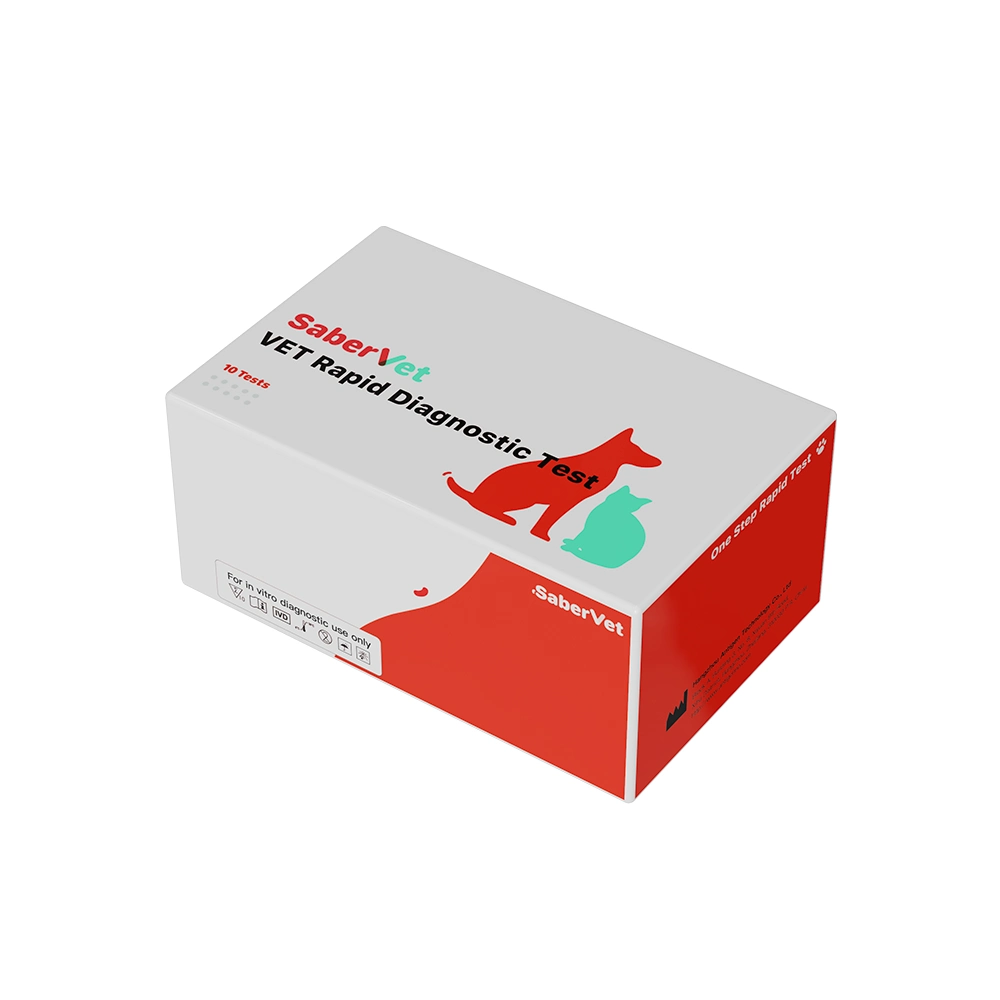1. Symptoms
Asymptomatic infection: most cats infected with feline coronavirus do not show obvious symptoms, and they may become potential carriers, continuously emitting the virus without any symptoms.
Feline infectious peritonitis (FIP): in some cats, feline coronavirus may mutate into the pathogenic strain that causes FIP. feline infectious peritonitis (FIP) is usually classified into two types: dry type and wet type. Dry FIP presents as a mass in an organ, while wet FIP presents as a build-up of fluid in the body cavity, leading to symptoms such as abdominal distension and other symptoms.
2. Testing and diagnosis
Serological testing: serological testing can detect whether a cat is infected with feline coronavirus. This usually involves taking the blood sample from cats. Stimulated by the coronavirus, the cat’s body produces “antibodies” to protect itself against it, and these antibodies have a certain “lifespan” and persist in the cat’s bloodstream for a certain period of time. Special reagents or tests are then used to detect antibodies to feline coronavirus.
PCR: PCR can directly detect the presence of feline coronavirus DNA/RNA in cat samples and is a more sensitive and specific diagnostic method.
Immunological test: Since cats start to detoxify after 2 days of infection with feline coronavirus, ITGen’s rapid test reagent can be used to detect the presence of feline coronavirus in the faeces to determine whether the cat is in the detoxification period.
3. Treatment and prevention
Vaccine: There is no specific vaccine for feline coronavirus. Therefore, prevention mainly focuses on controlling the transmission between cats, and reducing the transmission of feline coronavirus is one of the most effective preventive measures.
Environmental hygiene: Keeping the living environment of cats clean, and regularly cleaning the cat’s eating utensils, water bowl and litter tray can reduce the spread of feline coronavirus.
Early intervention: For cats with FIP, early intervention treatment may help reduce symptoms and improve survival rates.
Feline coronavirus is a common; most infections are asymptomatic, but in some cases can lead to serious illness. Feline coronavirus infection can be effectively managed and prevented through regular inspection, control of transmission and maintenance of environmental hygiene.
The creation of Itgen not only reinforces the company’s commitment to quality and innovation but also serves as a testament to its unwavering dedication to improving animal health and welfare.Together, we can make a difference. Contact Antigenne now and let’s unlock the future of animal health.













